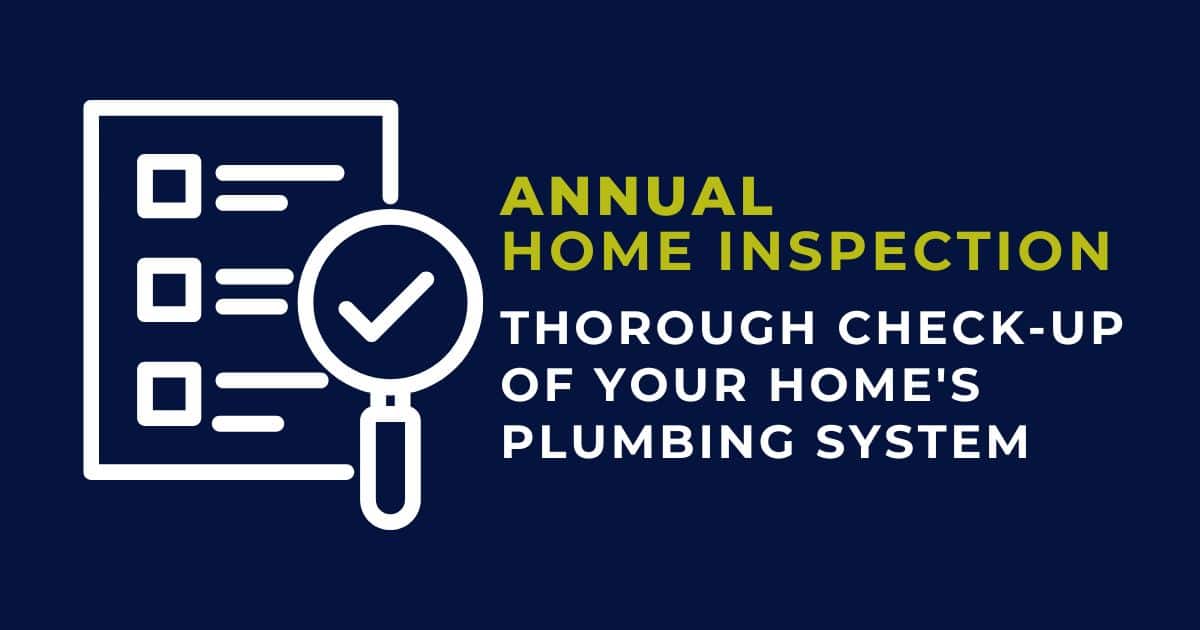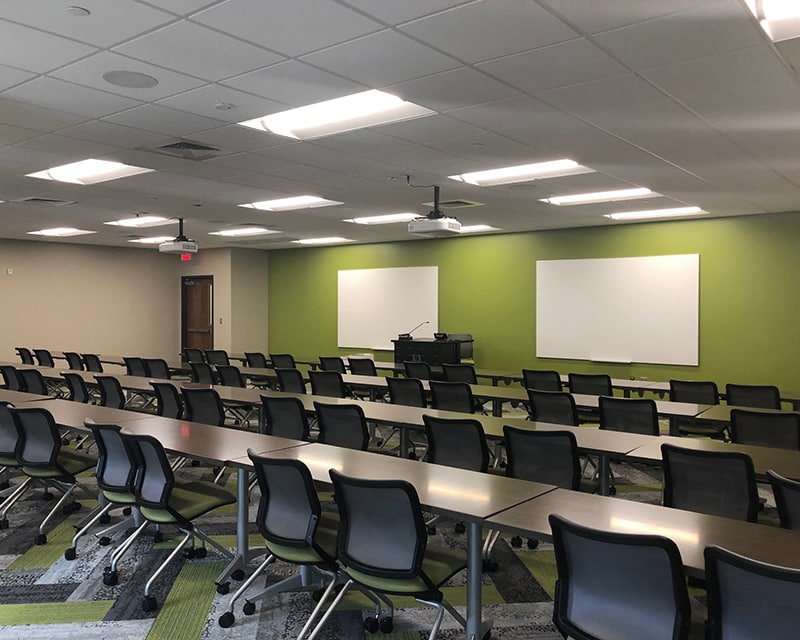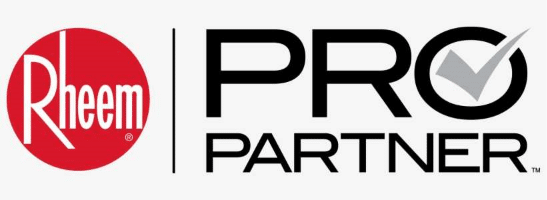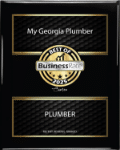
Why Plumbing Codes Matter More Than You Think
Plumbing is one of those things you don’t think about—until something goes wrong. Clean drinking water, safe waste removal, no weird smells coming from the drain… that’s all thanks to systems built on solid plumbing code.
But codes aren’t just about regulations or paperwork. They’re about accountability—to the government, to other trades, and most importantly, to the homeowner.
Let’s break down where plumbing codes came from, why they exist, and what happens when they’re ignored.
A Brief History of Plumbing Codes
Ancient Systems and Early Sanitation
Plumbing goes way back. Ancient Rome had aqueducts, sewers, and even public bathhouses. But it wasn’t until modern times that formal plumbing rules showed up.
-
Roman Empire – Controlled access to clean water through infrastructure and law.
-
Medieval Europe – No plumbing codes, which helped cholera and other diseases run rampant.
-
London’s Great Stink (1858) – The Thames turned into a giant sewer. It smelled so bad Parliament had to act. That led to some of the first real sanitation laws.
Plumbing Codes in the U.S.
Once American cities started booming in the 1800s, poor plumbing quickly became a public health crisis.
-
1881 – New York City’s first plumbing law: Required plumbers to submit plans for approval.
-
1928 – The Hunter Report: Set flow rate standards and drainage calculations that shaped modern codes.
-
1945 – The Uniform Plumbing Code (UPC): Introduced national standards still used today.
Why Plumbing Codes Exist (and Who They Protect)
Plumbing codes aren’t just red tape. They exist to protect people, property, and public health.
1. To Keep the Public Safe
Unsafe plumbing leads to contaminated water, gas leaks, and sewage backups. Codes help prevent that.
They require things like:
-
Backflow prevention to keep waste out of your drinking water
-
Proper venting to remove sewer gases
-
Lead-free pipes
-
Drainage standards to avoid backups and pipe damage
2. To Hold Plumbers Accountable
Codes give local and state governments the ability to:
-
License and regulate plumbing professionals
-
Require permits and inspections for major work
-
Enforce safety standards in homes and commercial buildings
3. To Keep Other Trades in Sync
Plumbing doesn’t happen in a vacuum. Plumbers work alongside electricians, HVAC techs, framers, and general contractors. Plumbing codes ensure everyone’s work lines up properly.
-
Fire clearance, wall depth, drain slope—it all matters
-
Standardized materials make repairs easier
-
Code ensures different trades don’t conflict during construction
4. To Protect Homeowners and Business Owners
A plumbing job done wrong can wreck a house. Codes reduce that risk.
-
They help avoid flooding, mold, and structural damage
-
Provide legal standards in case of disputes
-
Require that work be done by licensed, insured professionals
Common Plumbing Code Requirements (and Why They Matter)
Plumbing codes vary by state, but most follow either the UPC or the IPC. Here are a few standards we work with all the time.
Backflow Prevention
-
Prevents contaminated water from re-entering the drinking supply
-
Required for irrigation systems, well water, and commercial kitchens
Water Pressure & Expansion Control
-
Pressure-reducing valves are required if pressure is over 80 PSI
-
Expansion tanks help manage pressure changes in closed-loop systems
Drainage and Venting
-
Every fixture needs a vent to keep sewer gases from entering the building
-
Drain lines must slope properly to prevent backups
Lead-Free and Approved Materials
-
Lead pipes were banned in 1986—drinking water lines must now be lead-free
-
Common approved materials: PVC, PEX, and copper
Required Permits and Inspections
-
Major plumbing work (water heaters, repipes, sewer installs) needs a permit
-
Unpermitted work can lead to fines—or worse, denied insurance claims if there’s damage
What Happens If Plumbing Codes Are Ignored?
Here’s where things get expensive, fast:
-
Leaks and mold from improper installation
-
Contaminated water from backflow or corroded pipes
-
Voided insurance if your plumber wasn’t licensed or permitted
-
Legal trouble if the work doesn’t pass inspection—or causes damage later
Where Plumbing Codes Are Headed
Codes evolve with technology and environmental standards. Here’s what’s on the horizon:
-
Smart plumbing systems – Leak detectors and auto shut-offs may become required in some builds
-
Water efficiency – More rules around low-flow fixtures, greywater systems, and irrigation
-
Lead pipe replacement – Aging infrastructure is being phased out nationwide
The Bottom Line
Plumbing codes exist for a reason. They’re not just about paperwork—they’re about doing the job right.
They protect people, properties, and reputations. Whether you’re building new, remodeling, or just fixing an issue, make sure your plumber knows—and follows—the codes.
At My Georgia Plumber, we don’t cut corners. We work by the book, stay up to code, and make sure every installation meets the standards that keep your home or business safe.
Need a code-compliant plumber? Call us today or book online for inspections, repairs, or upgrades that meet local and state plumbing requirements.














